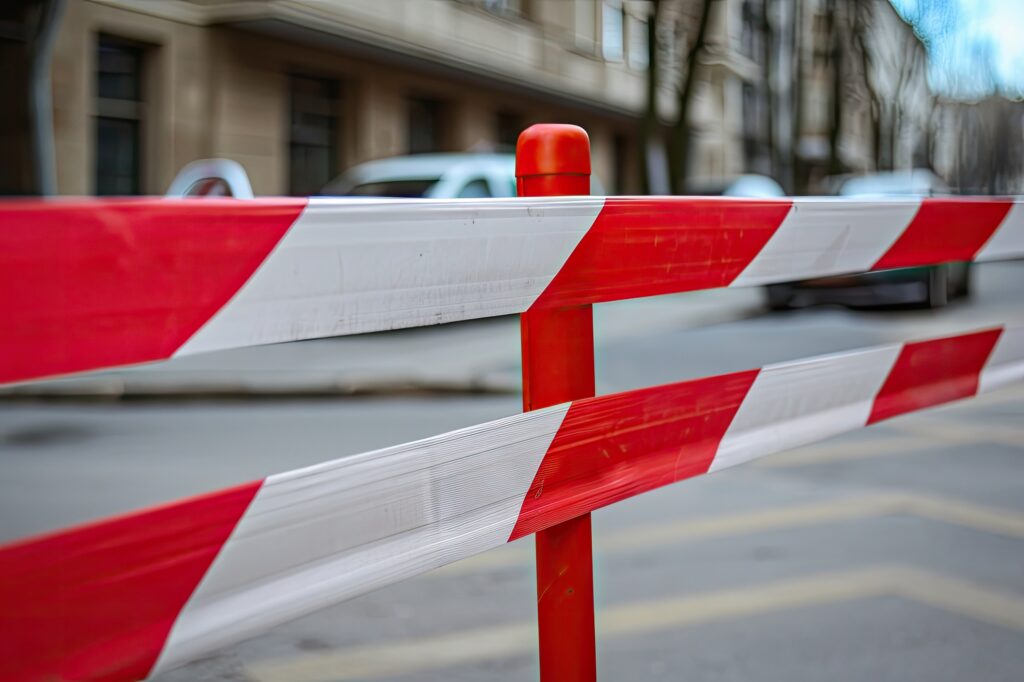R Street Civil Society Series: Mentorship and Guidance for Youth in Ohio’s Education System
WASHINGTON (Nov. 5, 2019) – In the first of a series of reports from the R Street Institute’s Civil Society program, Amy Cummings, a Ph.D. student at Michigan State University, examines Ohio’s Community Connectors program.
Cummings notes that while the education community has emphasized standardized test scores and graduation rates, it has failed to provide the mentorship and guidance our youth truly need to identify and pursue their education, career and personal goals.
She finds that state-level programs like Community Connectors show how state governments can empower rather than force local initiatives to build community through mentorship programs, which will bring about strong communities and new pathways for civic engagement.
She argues that we should continue to encourage partnerships between local school districts, nonprofits and businesses with grants that help jumpstart programs and other initiatives that could greatly impact civil-society activity.
Cummings highlights that “more than 97 percent of these students lived in poverty, 70 percent had reported family histories of alcohol abuse and 56 percent had reported family histories of drug abuse. According to a survey of teachers whose students were enrolled in the program: ‘71 percent saw an improvement in self-confidence, 64 percent in a sense of belonging to the school, 63 percent in class participation, 63 percent in relationships with peers and 51 percent in academic performance.’ The program is still seeking out mentors, hoping to continue services after Community Connectors expires.”







